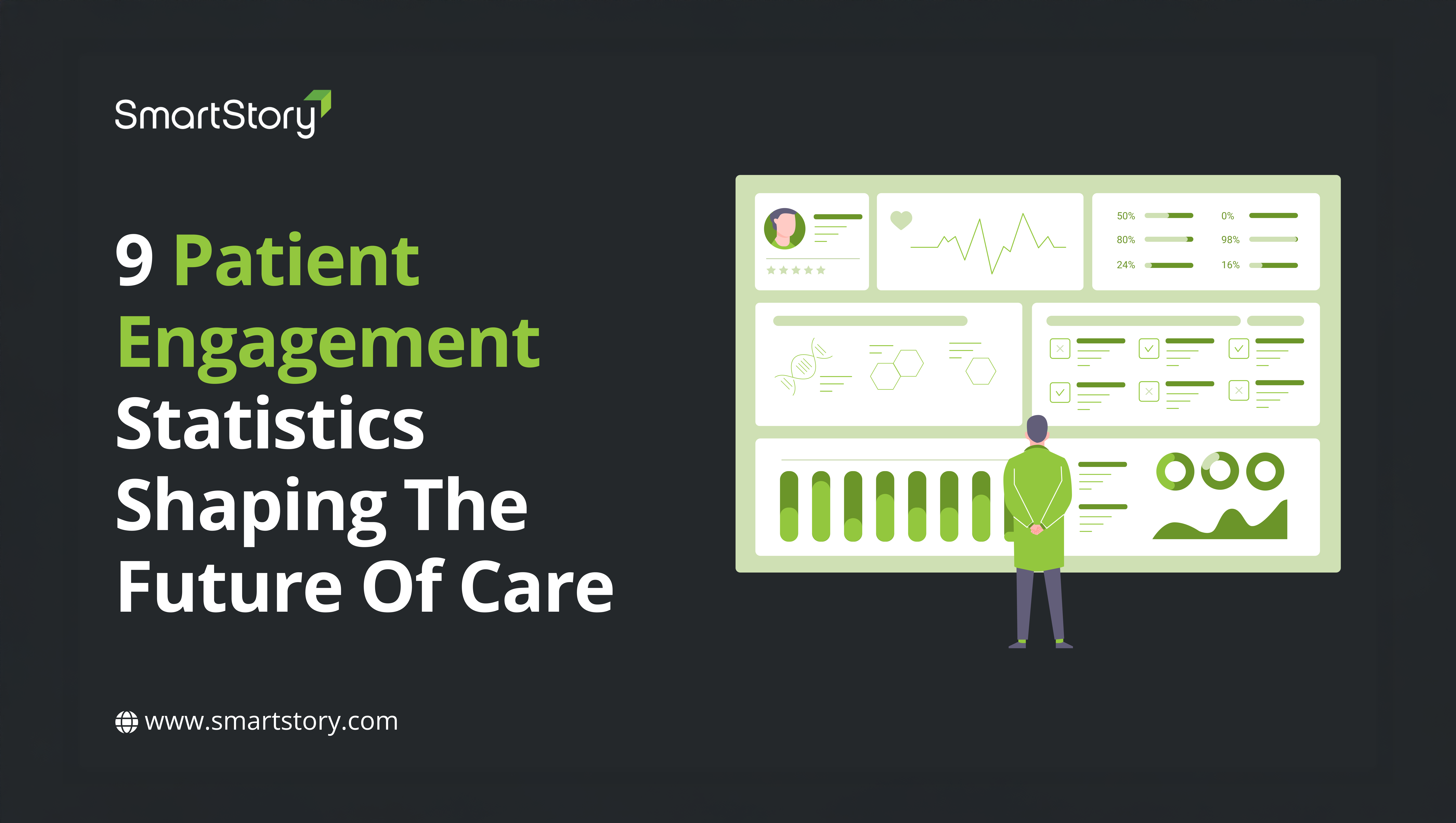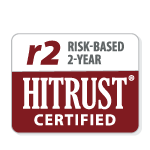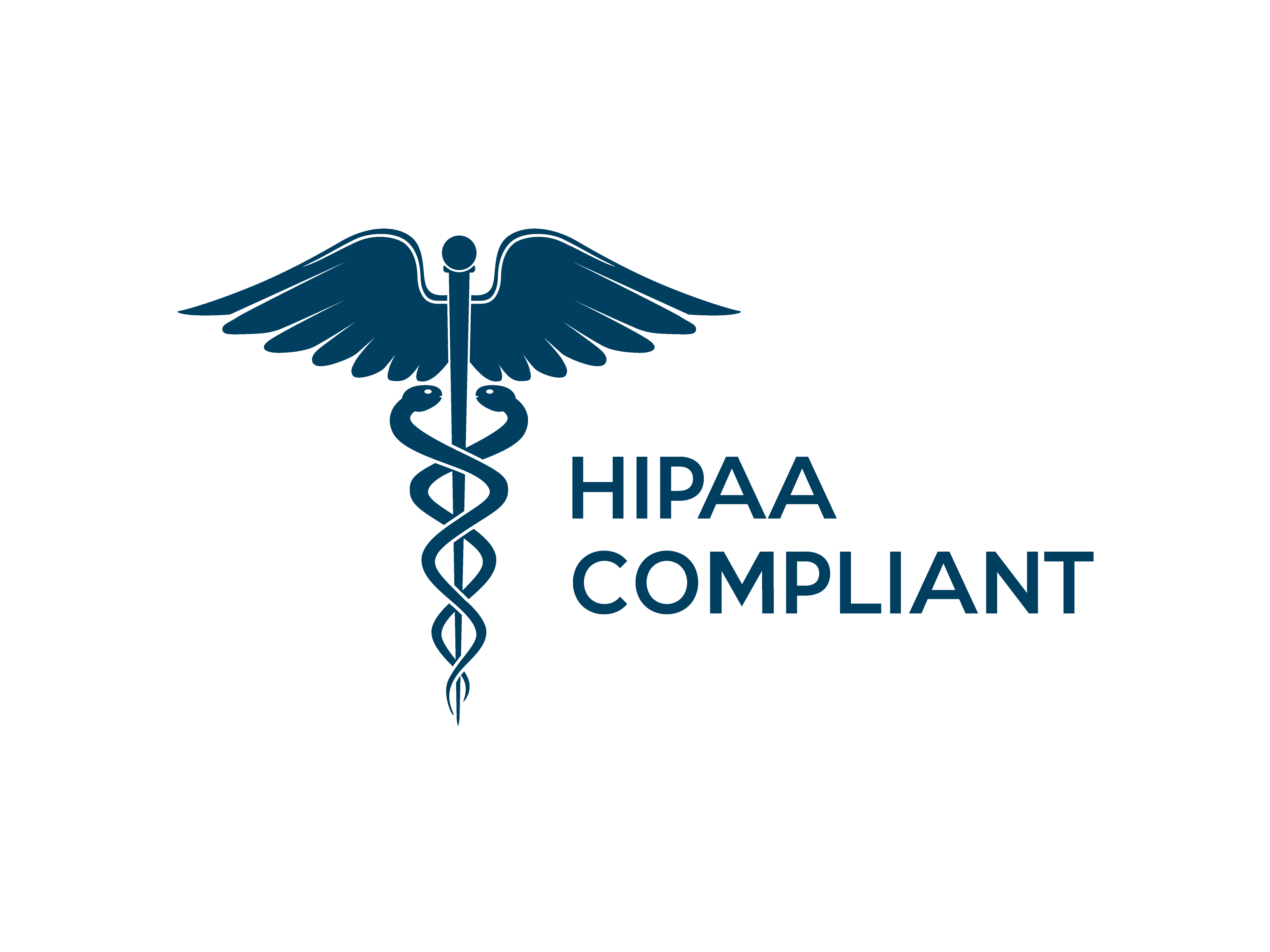9 Patient Engagement Statistics Shaping the Future of Care
Patients today don’t just want better care. They expect it.
They want quick access to information, seamless communication, and care journeys that fit into their lives, not the other way around. Whether remembering to take medication, scheduling appointments, or understanding treatment options, engagement significantly affects health outcomes.
When actively involved, patients stick to their care plans, manage conditions better, and feel more supported.
The challenge for care teams and specialty pharmacies is delivering the right treatments and keeping patients connected, informed, and motivated.
Standard outreach methods are no longer enough. Digital tools, mobile health solutions, and personalized content are reshaping how healthcare teams, whether in a health plan or a pharmacy setting, engage with patients, helping them stay on track and improving overall quality of care.
This blog will explore critical patient engagement statistics and trends, highlighting where healthcare is headed and how digital engagement makes a real difference. By focusing on these areas, specialty pharmacies and care teams can strengthen patient relationships, improve outcomes, and make care more accessible and effective.
Top Statistics and Trends in Patient Engagement
Here are the latest statistics and patient engagement trends that improve healthcare experiences and outcomes:
Impact of Online Reviews
80% of people trust online reviews as much as personal recommendations when choosing a healthcare provider, team or entity to support their care needs.
Online reviews are often the first impression potential patients have of a healthcare provider. They rely on reviews to assess the quality of service and care they receive. Positive reviews reassure them, reducing anxiety about treatment and increasing their willingness to engage with healthcare providers and care teams.
A strong online reputation can increase patient trust, improve retention, and attract new patients. Specialty pharmacies and care teams should actively monitor reviews, respond to patient feedback, and ensure a consistently high standard of care. Implementing a proactive patient survey process, such as automated follow-ups requesting patient feedback, can raise the visibility of improvements needed and enhance the relationship with the patient.
Role of Online Health Research
83% of adults look up health information online before speaking to a doctor. Access to credible health information online helps patients feel more prepared for discussions with their care providers. This leads to more productive consultations, a better understanding of treatment options, and greater confidence in managing their health.
Care teams and specialty pharmacies must provide accurate, easy-to-understand, and accessible information on their digital platforms. Developing FAQs, educational blogs, and videos about common conditions and treatments can help patients make informed decisions while preventing the spread of misinformation.
Increasing Use of Smartphones
62% of smartphone users look up health-related questions on their phones. Patients benefit from instant access to health-related resources, making it easier to manage their medications, book appointments, and communicate with their care teams. This convenience increases adherence to treatment plans and facilitates a more proactive approach to health management.
Given the increasing reliance on mobile devices, healthcare services should ensure that digital resources—such as patient portals, appointment scheduling, and medication reminders—are accessible to patients in a mobile-friendly manner. Mobile apps with inbuilt features such as prescription refills, health tracking, and direct communication with providers can enhance accessibility and engagement. Driving more patients to use the mobile apps for these care needs ensures they leverage the tools to make their care easier. For patients that have not downloaded a mobile app, SmartStory can offer additional engagement channels to ensure you get the most out of your patient-facing assets.
Demand for Personalized Communication
92% of patients expect their healthcare providers to send personalized reminders and messages.
Patients today expect customized engagement that streamlines addressing care needs from their healthcare providers. It increases medication adherence, ensures timely check-ups, and helps patients feel more involved in their care. Receiving customized reminders makes it easier for patients to stay on track with their treatments and feel valued as individuals.
Care teams must focus on personalized care, efficient communication, and minimizing wait times to boost satisfaction. Specialty pharmacies should streamline prescription processing and provide consistent patient transparency and support when navigating access to costly medications. Additionally, they should implement automated, data-driven communication systems that personalize messages based on patient health needs, medication schedules, and treatment plans.
Rising Popularity of Telehealth Services
Over half of patients in the US have used or are interested in telehealth services.
Patients who utilize telehealth services benefit from reduced travel time, quicker access to their care team, and the ability to discuss concerns from their homes. Telehealth also helps individuals with mobility issues, chronic conditions, or those in remote areas get continuous care, leading to improved treatment adherence and better overall health outcomes.
Care teams and specialty pharmacies must adapt to this growing demand by incorporating telehealth consultations, virtual check-ins, and digital medication counseling services. This allows pharmacists to offer timely interventions, review medication adherence, and provide support remotely, enhancing patient experience.
Growth of Specialty Pharmacies
The number of hospitals with specialty pharmacies has tripled from 9% to 27%.
Patients with access to integrated specialty pharmacy services experience more efficient prescription fulfillment, improved communication regarding medication use, and greater confidence in their treatment plans. This helps prevent medication errors and enhances treatment success.
The expansion of specialty pharmacies means patients rely more on these services for complex medication regimens. Care teams must coordinate better with specialty pharmacies to ensure seamless prescription processing, adherence support, and patient education.
Role of Digital Engagement
Digital engagement tools increased patient medication adherence. Patients more involved in their care are more likely to complete prescribed regimens, reducing emergency room visits and hospital readmissions related to medication mismanagement.
Digital engagement tools—such as automated prescription reminders, interactive patient portals, and digital dosing reminders—help keep patients accountable for their medication schedules. Care teams and specialty pharmacies can use these tools to track adherence trends, intervene when patients miss doses, and provide real-time support through messaging platforms.
Mobile health apps integrated with wearable devices can also monitor patient vitals and send alerts when new health issues arise. Similarly, digital patient assessments can be deployed to check-in with patients and gather patient-reported feedback. Pharmacists can utilize all of these digital tools to collect insights and personalize patient interactions, provide targeted counseling on medication usage, side effects, and potential interactions.
Reduction in Prescription Wait Times
Digital solutions have reduced prescription fill times, improved patient outcomes, decreased patient visits, and generated healthcare savings of $140 to $240 billion.
Prescription delays can negatively impact patient health, particularly for those managing chronic conditions or critical illnesses. Long wait times for prescription approvals, insurance verification, and pharmacy fulfillment often lead to treatment gaps, patient frustration, and reduced adherence to prescribed therapies.
To address this, specialty pharmacies and care teams must integrate automated systems that expedite prescription approval processes. Implementing e-prescriptions, real-time insurance verification tools, and digital prescription tracking can streamline the workflow and reduce inefficiencies. Automated prior authorization systems and pharmacy management software allow providers to quickly assess patient eligibility and obtain necessary approvals, ensuring a seamless experience.
Preference for Digital Communication
80% of patients prefer digital communication over conventional methods, such as phone calls and letters.
The shift toward digital communication is reshaping patient engagement. Patients expect faster and more convenient ways to connect with their care teams through text messaging, email, or patient portals. It also empowers them to ask questions, schedule appointments, and receive educational materials at their convenience. The ease of access improves engagement, reduces frustration, and ultimately leads to better adherence to treatment plans, enhancing overall health outcomes.
Specialty pharmacies and care teams must implement seamless digital communication strategies that cater to these preferences. Secure messaging platforms, patient-friendly FAQs for quick inquiries, and data-driven responses can significantly enhance patient experience.
Additionally, digital communication reduces call center burdens and streamlines prescription refills. It allows real-time updates on medication availability, minimizing the need for patients to call the pharmacy for administrative support. Implementing a centralized communication system ensures timely follow-ups, enhances medication adherence, and prevents gaps in care.
How SmartStory Enhances Patient Engagement?
As patient engagement becomes a priority in healthcare, SmartStory helps specialty pharmacies, health plans, and care teams connect with patients to improve adherence, reduce costs, and strengthen the quality of care. Our platform has achieved HITRUST r2 certification, ensuring the highest level of security while seamlessly integrating your existing systems.
- Streamlined Patient Journeys: The Patient Journey Navigator can help you guide patients through automated, data-driven interactions, ensuring they receive the right information at the right time.
- Improved Medication Adherence: Help patients stay on track with automated reminders and secure messaging, reducing missed doses and improving outcomes.
- Higher Star and HEDIS Ratings: Support preventative care, patient assessments, and education, helping payers meet quality care benchmarks and deliver a better patient experience.
- Lower Costs, Better Efficiency: Reduce the workload of clinical call centers with automated engagement tools, allowing teams to focus more on patient care.
- Smarter Care Management: Use Engagement trends and Voice of the Member tools to monitor patient interactions, gather feedback, and refine engagement strategies.
With SmartStory, care teams and healthcare organizations can simplify patient engagement, improve adherence, and deliver better care, making operations more efficient and cost-effective.
Make Every Patient Interaction Count with SmartStory
Looking for a better way to connect with patients and keep them engaged in their care? SmartStory ’s digital solutions equip pharmacy providers and care teams with the tools to enhance patient experiences, automate critical workflows, and improve adherence while reducing administrative burdens.
With deep expertise in specialty pharmacy and healthcare environments, we integrate intelligent technology to meet your organization’s needs. From delivering personalized health content and automating prescription reminders to simplifying pharmacist-patient communication, SmartStory ensures every interaction is impactful and timely.
Elevate patient engagement today.
Get Started



